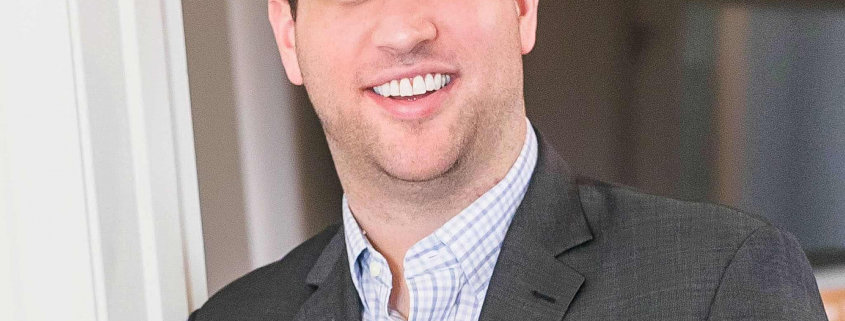Day in the Life: Vice President and Principal – REPE Firm
Frequently Asked Questions about the Day in the Life of a VP and Principal at a Real Estate Private Equity Firm
What does a typical day look like for a VP or Principal at a REPE firm?
Vicky Lee explained: “It’s not the same every day… The day to day can be a lot, it takes the right person.” A VP/Principal must juggle tasks across deal sourcing, due diligence, design review, construction management, operations, and investor relations.
What are the seven phases of development that a VP oversees?
According to Vicky Lee, the seven phases are:
Consideration
Pursuit
Purchase, sale, and due diligence
Construction
Operations
Disposition
VPs are involved in each phase, often leading coordination across internal and external teams.
What kinds of decisions does a Principal-level professional make?
Craig Cadwallader emphasized decision-making in terms of market data analysis and execution: “A critical skill is being able to sift through all the market data you have.” Principals often set strategy and approve or reject deals, structures, and budgets.
How does a VP engage with equity partners?
As Vicky Lee shared, part of her responsibility includes “determining which equity partner you want to go out to.” A VP identifies and manages investor relationships, presents business plans, and ensures alignment between capital sources and project goals.
What soft skills are important at this level?
Vicky noted: “Most people don’t recognize soft skills… Be able to communicate clearly, sell, and read the person you are speaking with. Negotiation skills are also important.” These are essential for leadership and stakeholder management.
How do VP/Principals manage work-life balance?
Work-life balance can be sustainable. Vicky Lee mentioned, “Very rarely would you have to work nights or weekends.” High performance is expected during business hours, but overwork is not necessarily the norm.
What is the most important technical skill for a VP or Principal?
Vicky stressed: “Sift through all the market data that you have.” Data interpretation, underwriting, and financial modeling remain core technical skills, especially for making go/no-go decisions on deals.
What educational path is typical for this role?
While not always required, many professionals in this role have advanced degrees. Vicky shared, “She recommends the business degree path,” especially for those without a financial background. Programs like the A.CRE Accelerator can also bridge skills gaps.
What is the biggest challenge in this role?
The pace and breadth of responsibility. As Vicky said, “The day to day can be a lot, it takes the right person.” The role requires strategic thinking, strong communication, and the ability to operate across many project phases.




